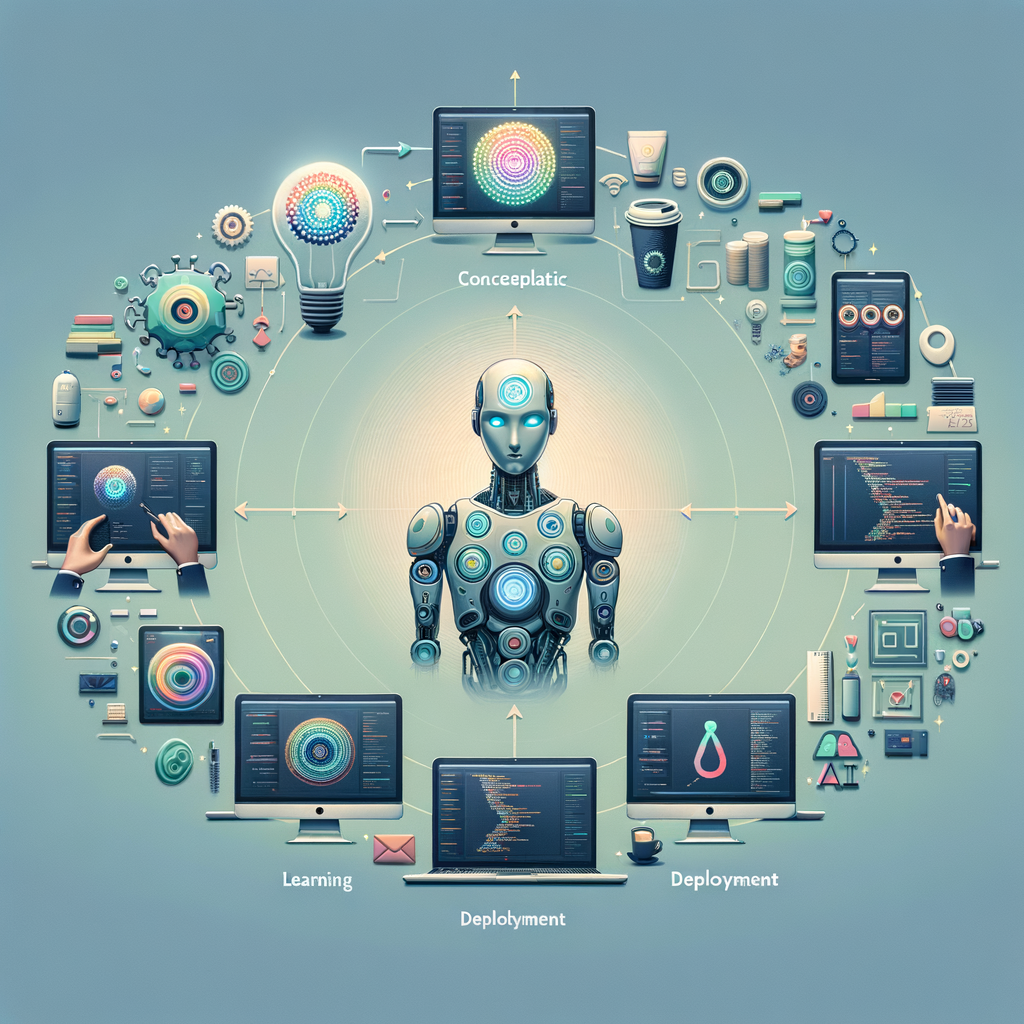
The Evolution of AI Agents: From Concept to Deployment
Discover the journey of AI agents from their conceptual stages to real-world deployment. This blog explores the transformative impact of AI agents across various industries, highlighting their technological evolution and future potential.
Introduction
AI agents have become a fundamental component in today's technological landscape. They offer innovative solutions to a myriad of problems, automating processes and tasks that were once manual and time-consuming. In this blog, we delve into the evolution of AI agents, tracing their journey from initial concept to full deployment in various industries.
The Conceptualization of AI Agents
The story of AI agents starts with basic programming concepts and moves towards sophisticated models capable of learning and adapting. Initially, AI agents functioned on straightforward algorithms designed for specific tasks. These early models were limited in scope and capability, performing static jobs with linear solutions.
Technological Advancements
With the advent of machine learning and deep learning, AI agents have evolved exponentially. Modern AI agents incorporate complex neural networks that enable them to understand, learn from data, and make decisions with unprecedented accuracy and efficiency. Language models like GPT-3 and beyond have expanded the capabilities of AI agents, allowing for nuanced conversation and interaction.
Deployment in Various Industries
AI agents are now deployed across a multitude of sectors. In finance, they assist in fraud detection and personalized banking services. Healthcare systems employ AI agents for patient monitoring and predictive diagnostics. In customer service, AI-driven chatbots handle a majority of inquiries, providing quick and efficient responses.
Challenges and Considerations
Despite their transformative power, deploying AI agents comes with challenges such as data privacy concerns, ethical considerations, and the need for significant computational resources. The risk of bias in AI solutions also necessitates ongoing oversight and careful integration.
The Future of AI Agents
The future of AI agents is tied to continuing advancements in AI research. As algorithms become more sophisticated and computational power increases, AI agents will play an even larger role in everyday life, from enhancing productivity in workplaces to providing personal assistance in homes.
Conclusion
The journey of AI agents from basic automated systems to interactive, intelligent entities is remarkable. Their broader adoption will continue to shape industries, creating more efficient, accurate, and user-centric solutions. Embracing this technology responsibly will be crucial in maximizing its benefits while mitigating potential risks.